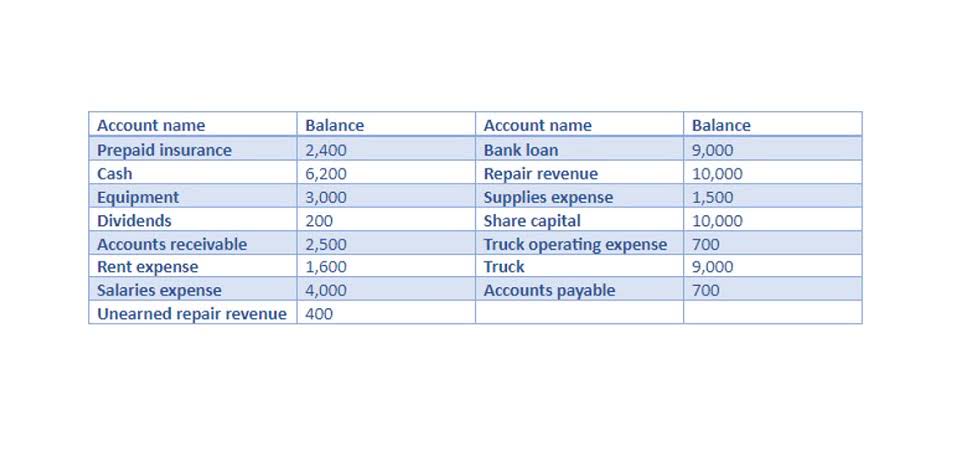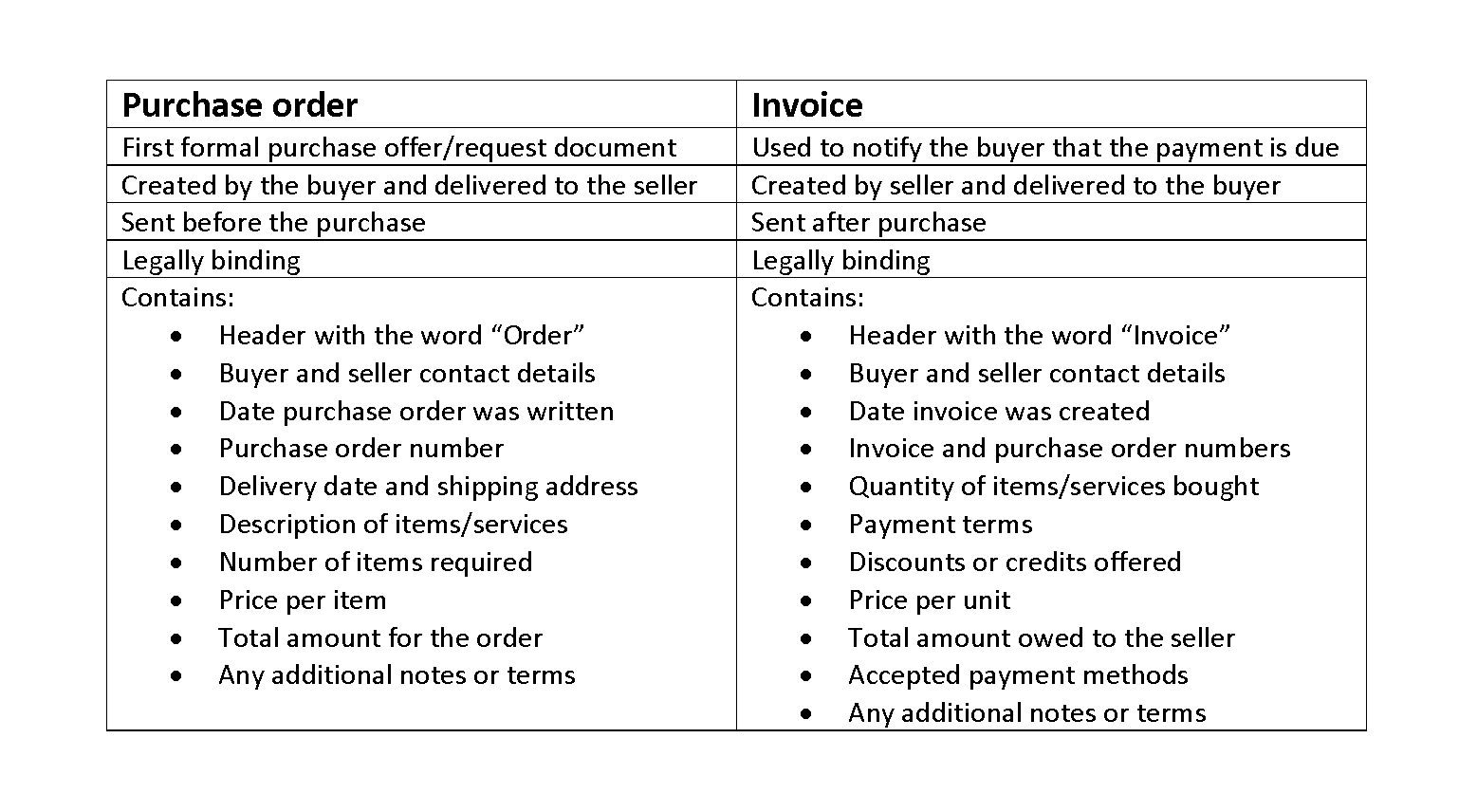Importance Of Catch Up Bookkeeping for Your Business

These assessments require businesses to demonstrate transparency, accuracy, and compliance with accounting standards. Catch up bookkeeping allows businesses to address any discrepancies or irregularities identified during the review process and ensure the integrity of their financial reporting. Without proper bookkeeping, businesses may struggle to track expenses, monitor cash flow, and identify areas for improvement catch up bookkeeping or cost-saving measures. The advent of accounting software significantly lessened the tediousness of bookkeeping by handling debits and credits for you in the background. And technologies like optical character recognition (OCR) and bank feeds have come just short of fully automating the traditional bookkeeping process. Data entry can now happen as soon as you snap a photo of a receipt with your smartphone.
Catch up bookkeeping refers to reconciling and organizing financial records that have been neglected or fallen behind over a certain period. While the new rules do not apply to privately held companies like startups, they do create opportunities for those focused on the carbon tracking, accounting and management space. Many already exist to serve companies interested in discovering and reducing their carbon footprints, and the SEC’s new regulations could inspire more founders to jump in. They can advise you on how complex your business’s needs are and help you make a good decision for your financial future.
Effects of Bad Bookkeeping on your Business Performance
For the information to be reported as a financial statement, it needs to be identified, accepted, classified, and recorded. Learn more about bookkeeping, how it differs from accounting, the required qualifications, and bookkeeping jobs and salaries. Financial institutions, investors, and the government need accurate bookkeeping accounting to make better lending and investing decisions. Bookkeeping accuracy and reliability are essential for businesses to succeed for staff, executives, customers, and partners. Bookkeeping is just one facet of doing business and keeping accurate financial records.
- Bookkeepers often get paid hourly wages rather than annual salaries.
- Those baby steps can help you manage your organization on a new and improved system.
- The advantage of hourly pay is you receive 1.5 times your average wage for hours worked more than 40 per week.
- It goes beyond mere error correction; it’s about putting your business on the right financial track.
All these are important records that hold a business and provides important insights too. Well, when it comes to catching up with all the laid-back data then that process can be time consuming and it will also stop you from focusing on other important things. If an organization is falling behind on maintaining books, you’ll need a rapid financial group at your administration to help get you back to speed.






